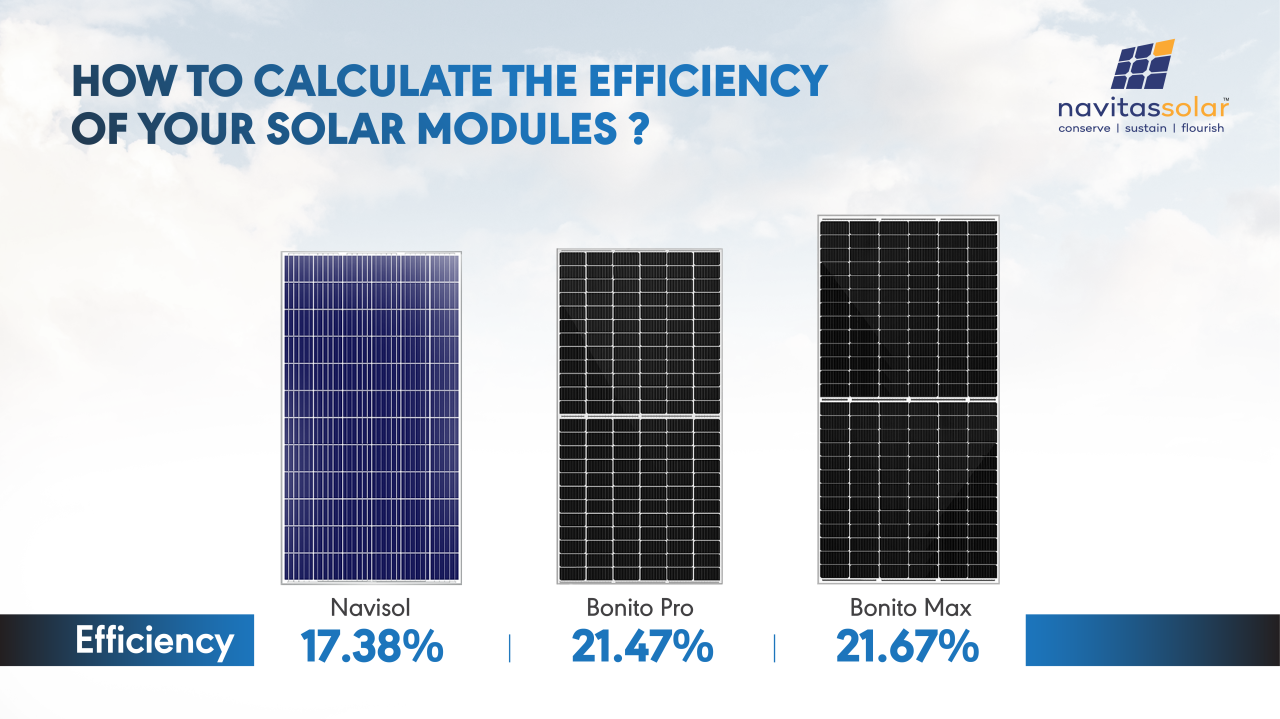
Smart Energy Management: Maximizing Efficiency in Consumption
Intelligent energy usage involves leveraging technology and mindful practices to optimize energy consumption. In this article, we explore the key aspects of smart energy management and how individuals and businesses can maximize efficiency in their energy usage.
Understanding Smart Energy Systems:
Smart energy systems utilize advanced technologies such as smart meters, sensors, and automation to monitor and control energy consumption. These systems provide real-time data on energy usage, allowing for informed decision-making and precise control over energy-consuming devices.
Smart Home Technologies for Energy Efficiency:
In a smart home, various technologies contribute to intelligent energy usage. Smart thermostats, for instance, adapt to user preferences and optimize heating and cooling systems for energy efficiency. Connected appliances and lighting systems can be programmed to operate at optimal times, reducing energy waste.
Renewable Energy Integration:
Intelligent energy management involves integrating renewable energy sources such as solar and wind power. Smart systems can prioritize the use of renewable energy when available and seamlessly switch to conventional sources when needed. This integration promotes sustainability and reduces reliance on non-renewable resources.
Energy Monitoring and Analytics:
Effective energy management relies on accurate monitoring and analytics. Smart meters and energy monitoring systems provide detailed insights into energy usage patterns. Analyzing this data helps identify inefficiencies, set energy-saving goals, and track progress over time, empowering users to make informed decisions.
Demand Response and Peak Load Management:
Smart energy systems enable demand response strategies, where energy consumption is adjusted based on demand and supply conditions. This helps balance the grid and reduce the need for additional power generation during peak hours. By managing peak loads intelligently, energy providers and consumers contribute to a more stable and efficient energy infrastructure.
Artificial Intelligence in Energy Optimization:
Artificial Intelligence (AI) plays a crucial role in optimizing energy usage. Machine learning algorithms can analyze complex datasets to predict energy demand, optimize heating and cooling systems, and even suggest behavioral changes for energy efficiency. AI-driven insights empower users to make proactive decisions in energy management.
Smart Grids for Enhanced Distribution:
Smart grids enhance the efficiency of energy distribution. These systems use digital communication and automation to monitor and control the flow of electricity. By identifying and resolving issues in real time, smart grids reduce energy losses, improve reliability, and support the integration of renewable energy sources.
Energy-Efficient Building Designs:
Intelligent energy usage starts at the design phase of buildings. Incorporating energy-efficient designs, such as optimal insulation, natural lighting, and efficient HVAC systems, minimizes energy consumption. Smart building technologies further enhance efficiency by automating energy-related processes based on occupancy and usage patterns.
Behavioral Changes and User Engagement:
User engagement is a crucial aspect of intelligent energy management. Educating users about energy-saving practices, providing real-time feedback on consumption, and incentivizing energy-efficient behavior contribute to a culture of energy awareness. Small behavioral changes collectively make a significant impact on overall energy usage.
Future Trends in Intelligent Energy:
The future of intelligent energy usage holds exciting possibilities. Advancements in energy storage technologies, the widespread adoption of electric vehicles, and the integration of smart city concepts contribute to a more interconnected and sustainable energy landscape. Embracing these trends will further enhance the efficiency of energy systems.
In conclusion, intelligent energy usage is a multifaceted approach that combines technology, analytics, and user engagement. By adopting smart energy management practices, individuals and businesses can contribute to a more sustainable and resilient energy future. To explore more insights on Intelligent Energy Usage, visit this link for additional information and resources.



